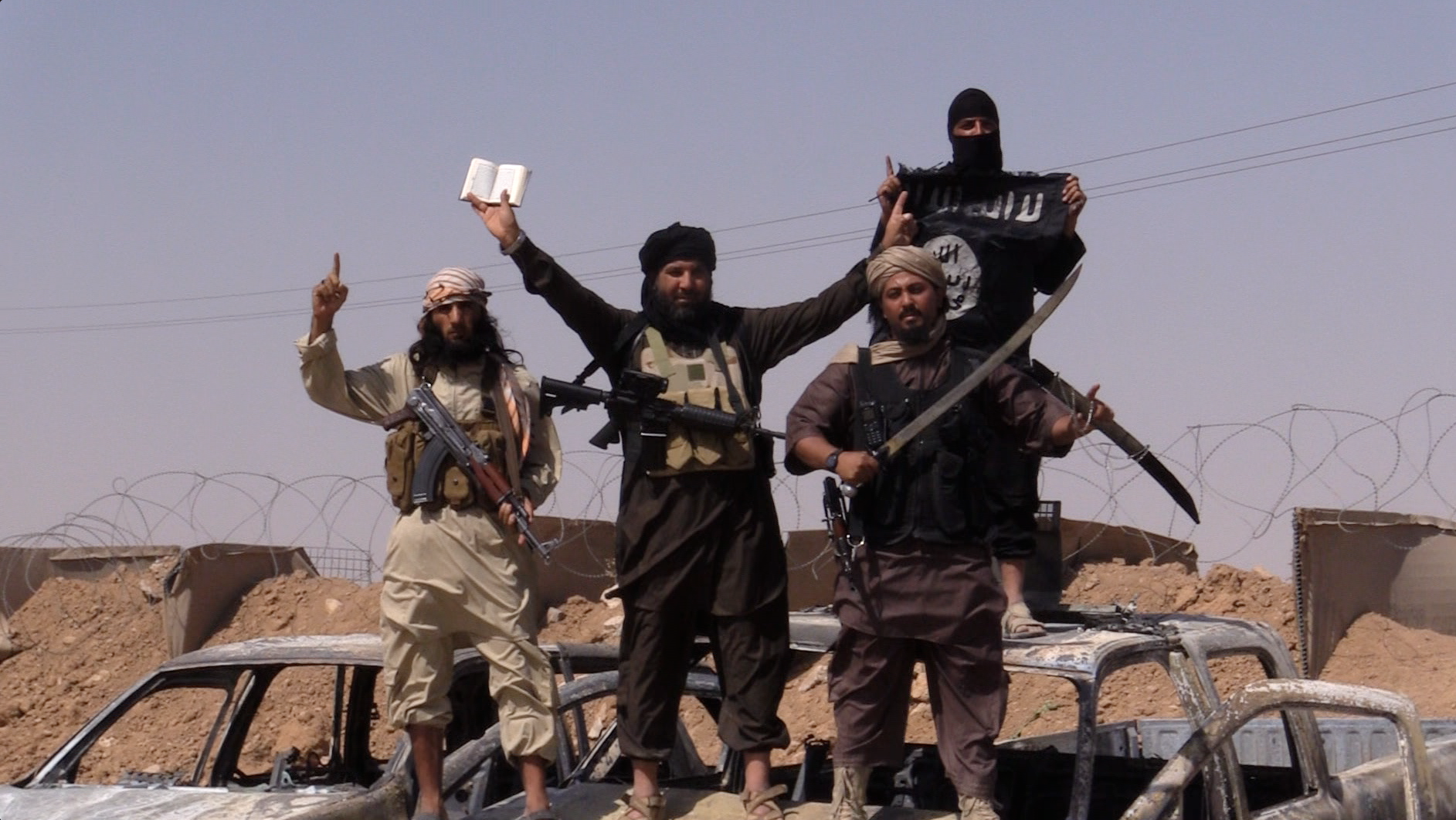Islamic State Executes 40 Sunni Tribal Fighters in Iraq
IS militants execute 40 Sunni tribals in Iraq's Anbar province

NEW DELHI: The Islamic State (IS) killed at least 40 Sunni tribal fighters and security force personnel, who had fought against the group in Hit, a city 85 miles west of Baghdad. The tribesmen and security personnel were paraded in the streets, before being shot and killed in a public execution in front of local residents at the city’s central square.
The mass execution, although not a new tactic for the Islamic State, is the first such execution by the group in Iraq’s Anbar province, where the militants have been steadily gaining ground. A few days ago, the group captured Albu Nimr area in the province, prompting warnings that the entire province -- that borders Jordan, Saudi Arabia and the Baghdad province -- could soon fall to the militants.
This execution in particular, targeting Sunni tribesmen who resisted IS, is likely to further dampen resolve among Sunni arabs to fight the militant group. The Iraqi government have been trying to enlist tribal councils to resist the IS advance, and this incident -- exacerbated by claims that the Iraqi government has been slow in responding to the tribals’ demands -- will only fuel distrust of the Shia-dominated administration at the centre.
Meanwhile, the IS continues to hold sway in Syria, releasing a video showing British hostage John Cantlie in the Turkish-Syrian border city of Kobani -- that has been under siege for over a month. In the video, Cantlie rejects recent media reports that Kurdish forces have been able to push back the IS in Kobani, saying instead, that the city is almost entirely under the control of the militant group.
As the battle for Kobani rages, Kurdish forces from Iraq are headed across southeastern Turkey toward Kobani to provide reinforcement to Kurdish militias battling the militants within the city. This convoy of Iraqi Kurdish forces is the first United States supported force that will battle the IS on the ground.
Thus far, weeks of airstrikes by the US-led coalition have failed to break the IS’ hold over the city of Kobani. The Kurdish forces are being sent after the Iraqi Kurdish region's parliament voted to deploy peshmerga forces, and Turkey -- under pressure from western allies -- agreed to let the Kurdish force cross its territory en route to Syria.
Turkey has come under criticism, especially from Kurds in the region -- who have come out in protest leading to clashes -- of not doing enough to protect the border city of Kobani from IS advance. In fact, Kurds in the region have consistently blamed Turkey for fanning IS, with Turkey being suspicious of Syria’s Kurdish militia the People’s Protection Units (YPG) and its political counterpart Democratic Unity Party (PYD) as they are the Syrian counterpart to the Kurdistan Workers Party (PKK) which has advocated Kurdish self-rule in Turkey since 1984.
Turkish President, Recep Tayyip Erdo?an, has repeatedly denied the charge. “I am telling the west – dropping bombs from the air will not provide a solution,” the Turkish President had said. “We asked for three things: one, for a no-fly zone to be created; two for a secure zone parallel to the region to be declared; and for the moderate opposition in Syria and Iraq to be trained and equipped,” Erdogan said, indicating that these measures need to be in place before Turkey commits itself to any action across the border.



